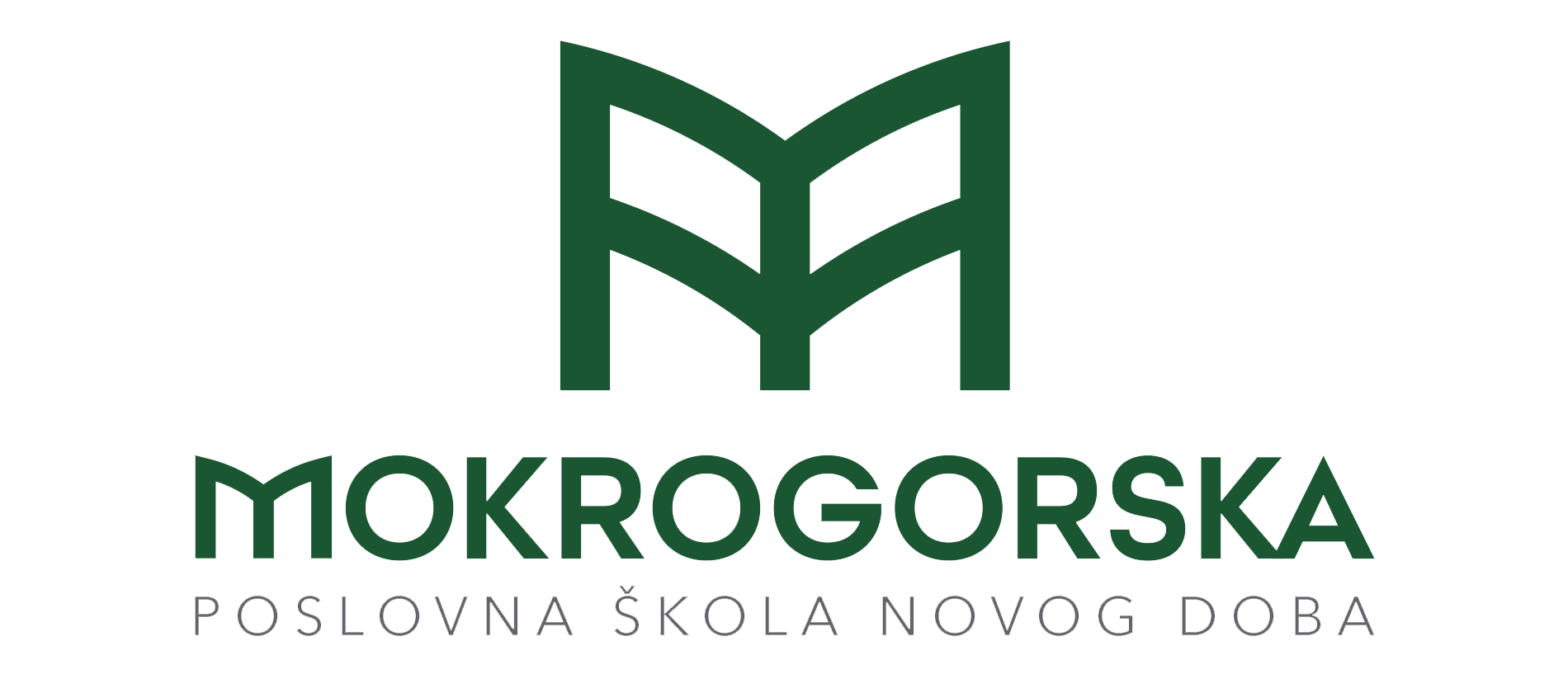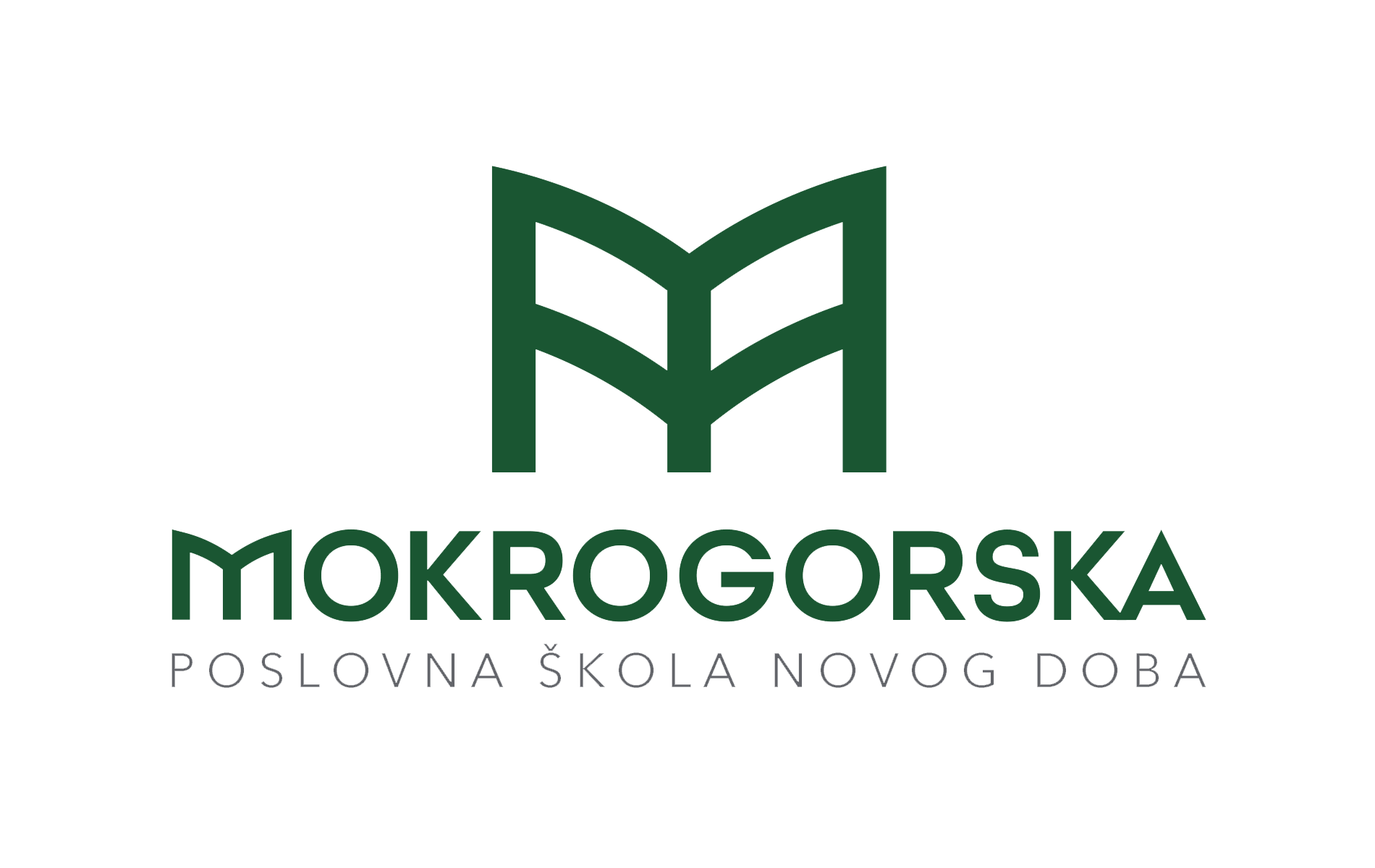BACK TO THE FUTURE – PART ONE
Back to the Future – Part one
Once upon the time…
The History of economic relations between Serbia and the United States is extensive. The formal origin of these relations dates back to October 14th 1881, when the Principality of Serbia, led then by the Prince and year later by the King Milan Obrenović, entered into a Trade and Sailing agreement with the USA. Through this bilateral agreement, both nations granted each other the most-favored-nation status. The most-favored-nation status enjoyed by the Principality of Serbia was later inherited by the Kingdom of Serbs, Croats, and Slovenes and later by both, Kingdom Yugoslavia and Socialist Yugoslavia. However, there was a brief interruption after WWII until Yugoslavia’s relationship with Stalin was discontinued. Despite all obstacles and forms of statehood, economic relations between Serbia and the USA were growing, though at varying paces, up until 1990 when all cooperation was quickly brought to a stop. This halt in bilateral economic relations lasted up until November 17th of year 2000 when bilateral relations were reinstated between the Federal Republic of Yugoslavia and the USA.
Waiting for the details
Since the reinstatement of bilateral relations 20 years ago, it has taken until September 4th of this year for the so-called Washington Agreement to be signed. Soon after, on September 22nd, a joint statement by the USA and Serbia was issued, encompassing the opening of a DFC office in Serbia, and accompanied by the announcement of significant US investment in Serbia.
Once the Serbian Parliament restarts its activities, we hope these two agreements will be ratified into the law, enlightening us on the precise details of these agreements. For example, which the signing parties are and the scope of their impacts. Up until then, based only on the publicly available information, we are all equally informed (or more accurately, uninformed) regarding the alleged contents of the Washington Agreement and the latter joint statement. Currently, we have been furnished with descriptions of these agreements, on the public statements made by the signing parties, and various information about the seating set-up, the gifts exchanged, the arrival of the DFC in Serbia, the impacts on regional stability, etc. Finally, we have heard various interpretations about the amount of US dollars which are to bolster the Serbian economy.
The core
If we attempt to dissect the flurry of news regarding these events and put aside layers related to Israel, Iran, the supply of natural gas, telecommunications, LGBT rights, the swapping of pens and folders, the size of chairs and the positioning of furniture, what remains is the fact that, since 1881, this is the first economic agreement between the greatest economic power in the world and Serbia. Another clear indicator of the importance of this event is that it has been 30 years since the last economic agreement that the Socialist Federal Republic of Yugoslavia had signed with the US which had an impact on Serbia. Of course, this is excluding the agreements of support which USAID and similar programs have provided and still provide.
Since this is not a Hollywood production, this agreement and the economic cooperation and investments that it entails will not be able to “repair” the past, nor wipe out the 30 years behind us. Be that as it may, we must make use this opportunity to its fullest extent, with the aims of benefitting the Serbian economy as well as that of the region, maintaining local stability, and in attracting potential business partners from the USA on the trail of the investment mentioned above. Following the long and difficult “hangover” we had following the 1990’, returning to normal economic relations with a country that accounts for 16% of the world’s economy, and whose impact and reach is the most significant, could briefly but accurately be described as going “Back to the Future”.
To receive the relevant information about how we can make the best of this opportunity, please turn off your mobile phones, put aside your popcorn and join us at the upcoming Winter Vivaldi CFO & Legal Forum. This year’s Forum takes place at the Mokra Gora School of Management Campus or on-line from your homes starting December 2nd and ending December 4th 2020.
*Special thanks to Steven Spielberg, John Mearsheimer and Milan Krstić from the Faculty of Political Sciences for their inspirational thoughts.
Dejan Nikolić,
Co-selector of Winter Vivaldi CFO & Legal Forum
Mokra Gora School of Management




